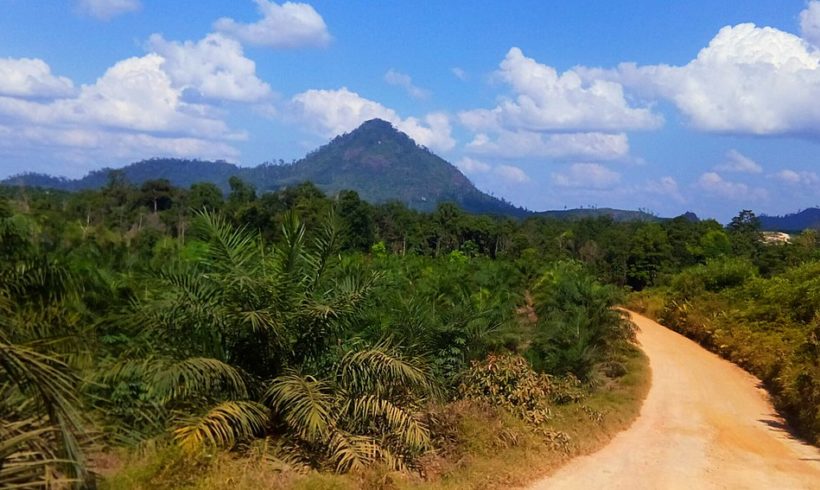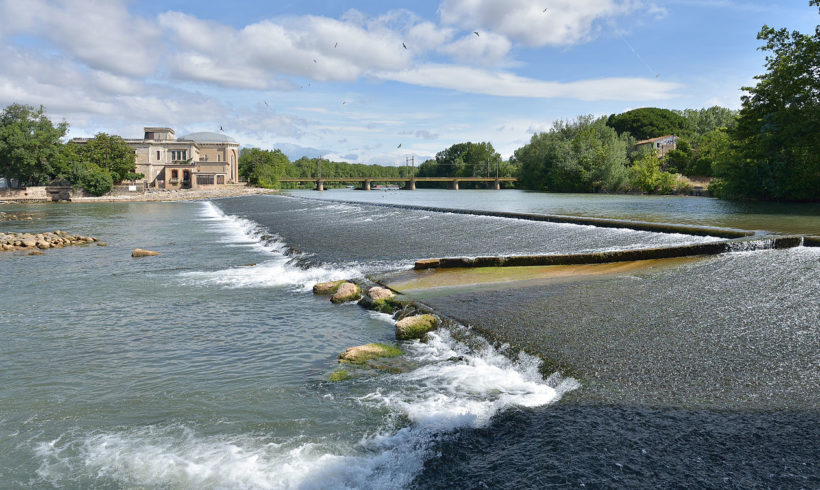By MIRIAM ACZEL For many years, experts have been warning of an ‘environmental crisis along the nearly 3000 mile-long waterway, which spans six Asian...
Archive for tag: Natural resources

Preserving Legends to Protect the Environment
By MIRIAM ACZEL The Mekong River, one of the longest river systems in Asia—and twelfth longest in the world–flows through six countries: Cambodia, Laos, Myanmar, Thailand,...

Making Food Production and Land Use More Sustainable Could Yield $2.3 Trillion in Economic Benefits
There’s a “forgotten solution” for achieving major economic, development and climate gains—transforming the way the world feeds itself and manages its land.
At this week’s UN General Assembly, members of the Food and Land Use Coalition will meet with heads of state and CEOs to raise the profile of this issue and encourage greater action. They have new research to support their case. The food and land use chapter of the New Climate Economy’s Global Opportunities Report sets out how decisive action on food and land use is at the heart of the inclusive growth story of the 21st century. The report finds that more sustainable food and land use business models could be worth up to $2.3 trillion, and that they’re critical to delivering a more climate-secure and resilient world.

Solving for Water Security at the Source
Water funds are a collective investment vehicle in which stakeholders collaborate to implement nature-based source water protection. Downstream water users invest in upstream land and water management practices, compensating upstream land managers for restoration activities and better management of agricultural land. Rural landowners and communities can benefit economically from these investments as well. Mutual benefits are the hallmark of successful water funds.

First “Leaders in Energy Without Borders” Google Hangout Session
By SILVIA LEAHU-ALUAS Janine Finnell, Adriaan Kamp, and Silvia Leahu-Aluas, three sustainability and energy professionals and members of the Leaders in Energy group, have started...


